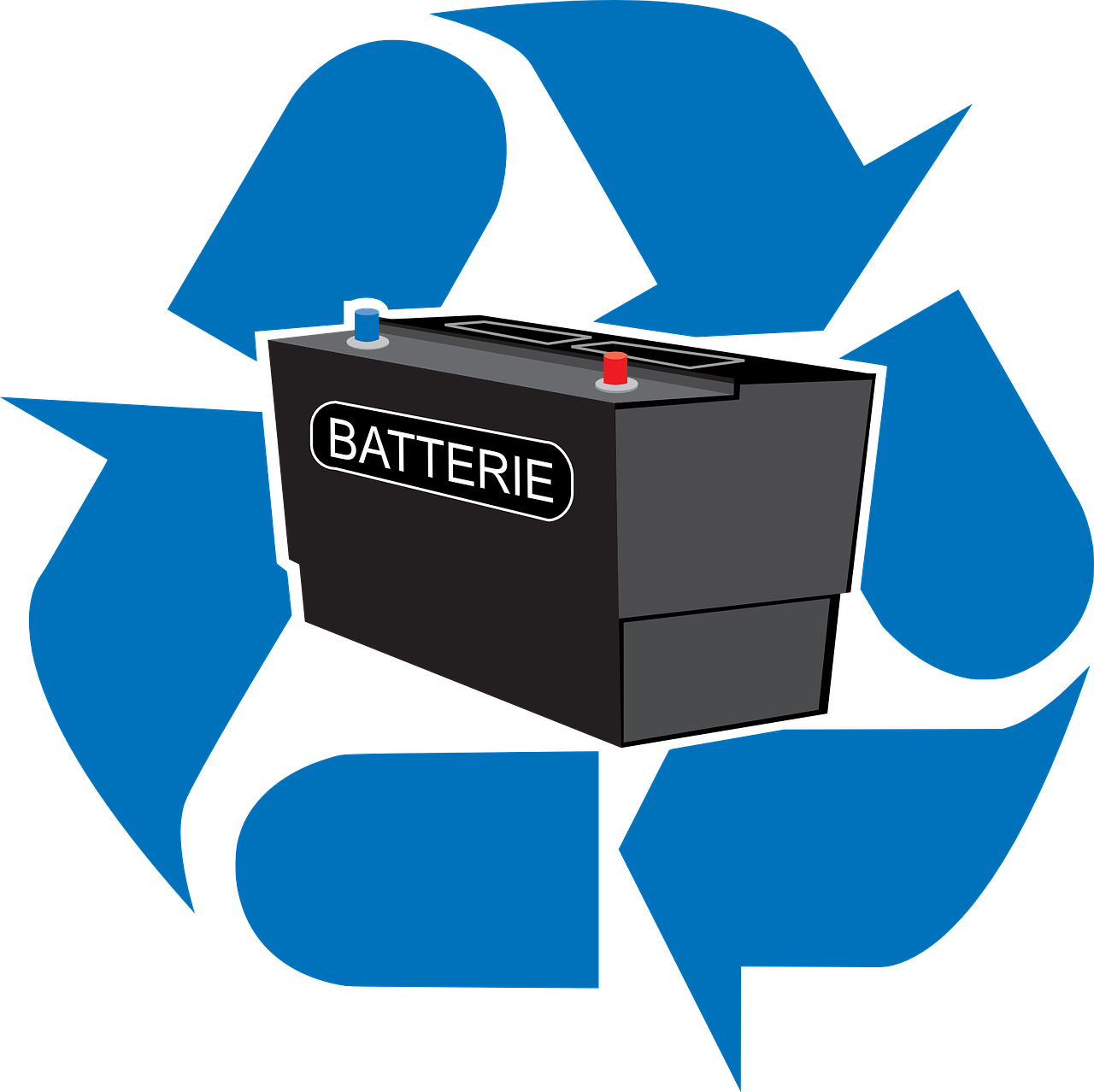
By Quentin Hoarau and Etienne Lorang.
As electric mobility is deemed necessary to cut CO2 emissions in the transport sector, the industrial and environmental consequences of lithium-ion battery manufacturing are much debated. In the European context, battery recycling has been argued to be a real option to develop a local industry with low environmental impacts. A recent regulation proposal from the European Commission has introduced minimum thresholds of recycled materials in new batteries by the year 2030. This paper discusses the conditions under which such thresholds may physically be reached. It develops a material flow model that projects battery wastes and their recycling potential. We find that the feasibility of thresholds proposed by the Commission is very sensitive to battery lifetimes. In comparison, change of material intensities through battery technology shift, recycling efficiencies and the faster uptake of demand have a more limited impact. Our results indicate that such policy instruments could conflict with other sustainability objectives, such as the development of second-life of batteries.
